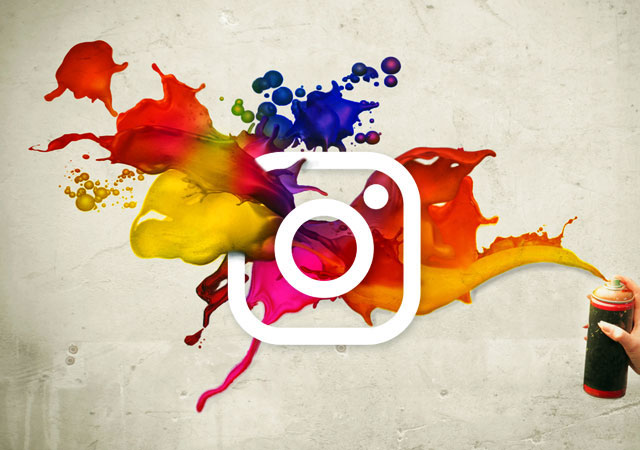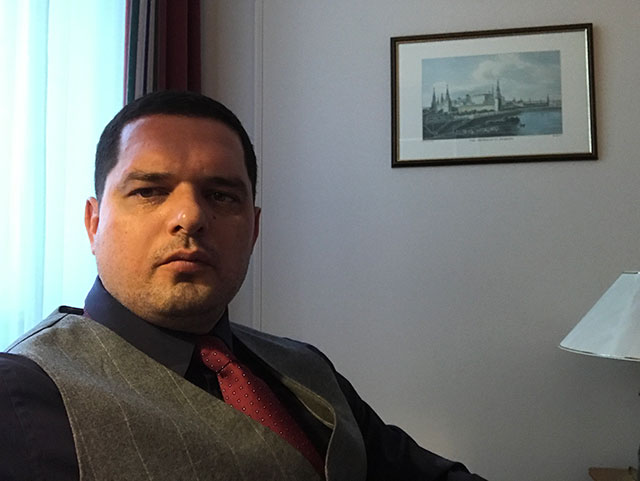- Art and social media
- A democratic platform that facilitates disruption of old ways of thinking

- 24 June '19


by Daniel Varzari
24 June '19Art and social media
Quick to adapt and rapidly consumed, social media is becoming an integral part of the art business. Social media has fostered an emerging market segment of collectors, leading to art market growth to over USD2.4 billion in 2018. Of course, there are limitations to social media platforms, such as lack of in-depth conversations, or lack of ability to communicate the essence in art.
There are cases where social media is threatening art. I am observing the new generation of customers and their use of social media, a change of aesthetics, or maybe a weaker perception of the visual language.
An overview of the comments on any Instagram, reveals a very simplistic discourse. No reaction and dialogue enable communication. Social media is great for giving information, not so great for discussion; it lacks response. Of course, an artwork represented on media does not have the same impact as when you see it live, we trade speed for quality. Additionally, visual language is being spammed or abused, and people are becoming unfamiliar at how to look at art.
Through many ways, social media is filtering art, and this is great. Art and Social media platforms act as spaces that form community-based interactive content sharing. Today social media not only dictates every interaction we have with one another, but it dictates the nature of our cultural consumption.
There are good and bad ways social media is influencing art. For example, trolls and online bullying is at an all-time high, and 88 percent of trolling occurs on Twitter, a place where people’s morality is questioned. People touch their phones on average 26 times a day, and they cannot turn them off as applications like Facebook are designed to be addictive. The human attention span has fallen to less than three seconds. There is a lot of fake news and misinformation on social media, and it is up to educators or the consumer to facilitate understanding about how to find the correct information amongst the fabrications.

As a positive perspective, social media creates lists and indexes that help people find quality information. Our geographies morph, territories are re-inscribed and reinvented, relationships spring up in the most unexpected ways. It provides opportunities for art consumers and artists. Each new art form challenges the old, and social media can lead to disruption, which is not necessarily a bad thing. Artists can be discovered, so the art businesses need to expand their vocabulary around how art is consumed and distributed on the web. The web is the place of many first encounters. It is a free platform that disrupts existing paradigms of thought.
Art happens in all corners of the globe, and it takes all kinds of forms. The internet is part of this ecology. It is open, democratic, and enables communications across time zones into every corner of the globe. It is a network that creates communities and allows them to communicate with one another.
The art world is bigger and more complex today.


